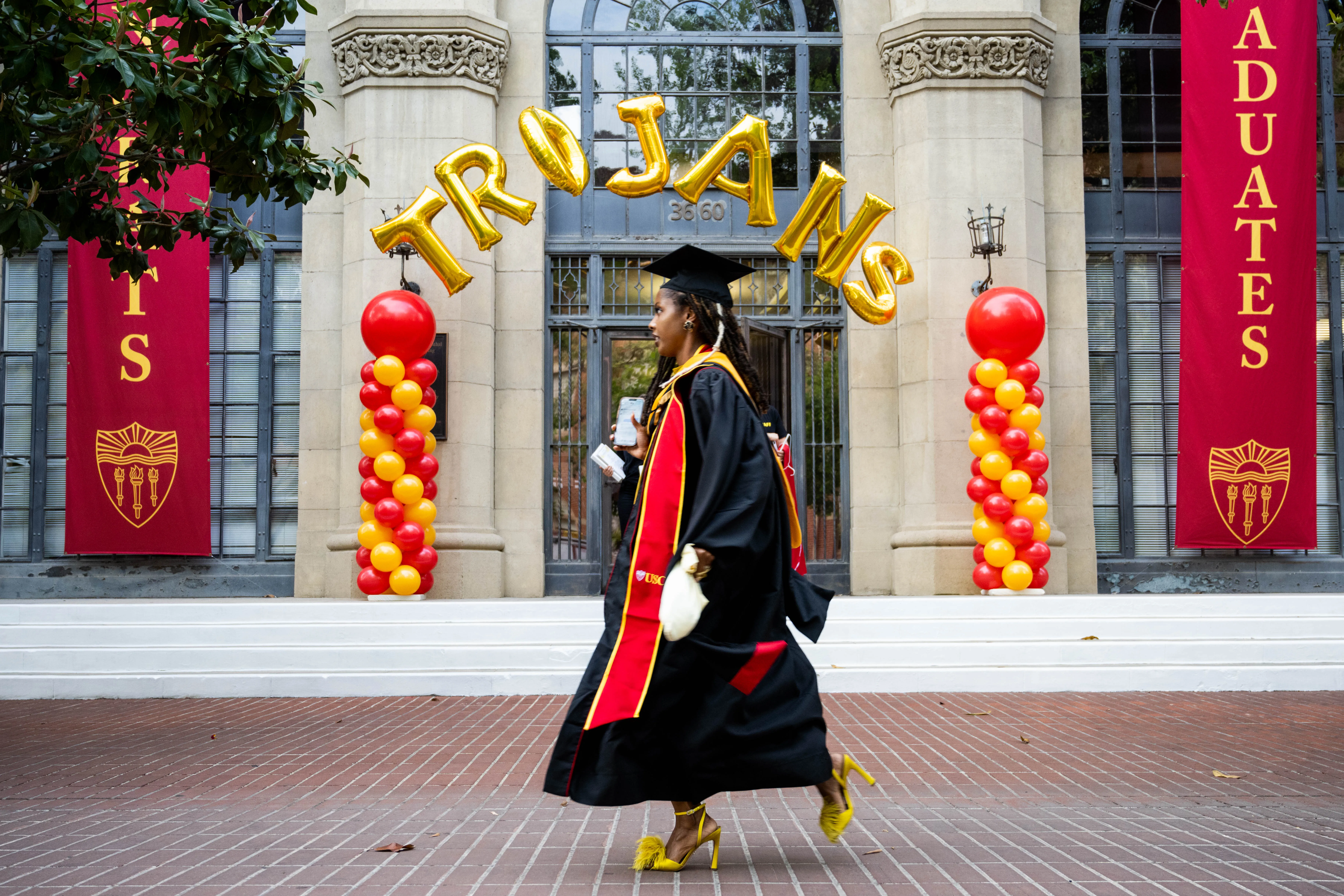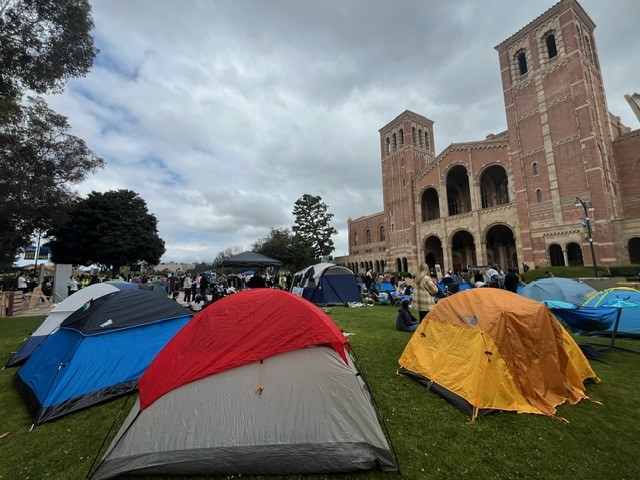Mayor Eric Garcetti Friday released Los Angeles' first "resilience strategy" to help the city and its residents prepare for natural disasters or other problems including earthquakes, flooding, homelessness and climate change.
The program was developed in partnership with the Rockefeller Foundation's 100 Resilient Cities campaign. Garcetti also signed an executive directive that commits city departments to appoint chief resilience officers.
"Resilience is so much more than disaster preparedness; it is a value that guides everything we do in Los Angeles, because we know that today's decisions shape the lives of our children and grandchildren," Garcetti said in a statement. "We are grateful to 100 Resilient Cities for their support, and proud to lead with a forward-looking plan that will strengthen our infrastructure, protect our economy, make our institutions more inclusive, and create safer neighborhoods."
The resilience strategy plan features 96 actions for Los Angeles leaders or its residents to take to plan and prepare for "shocks and stresses," as well as 15 goals. Shocks are defined in the plan as sudden or acute events that threaten or impact Los Angeles' immediate well-being, while stresses are defined as daily or chronic challenges that "weaken our natural, built, or human resources."
"Resilient Los Angeles is the culmination of a months-long process to cultivate partnerships and develop actions that increase Los Angeles' resilience," said Chief Resilience Officer Marissa Aho. "It is also the beginning of a greater citywide commitment to continue to collaborate, form new partnerships, and design new initiatives in a continuous process that will contribute to a safer and stronger Los Angeles."
The plan's actions and goals include educating Angelenos to prepare so they can be self-sufficient for at least seven to 14 days after a major shock, developing a citywide earthquake early warning system, expanding workforce preparedness training programs to quickly restore essential city services after a major shock, and teaching Angelenos how to protect themselves from a cyber attack.
In developing the plan, Los Angeles joins about 40 cities around the world, including Paris, New York and Bangkok, that have implemented similar strategies.
News
Top news of the day
"We congratulate Mayor Garcetti, CRO Aho, and the city of Los Angeles for taking this historic step toward creating a lasting resilient future," said Michael Berkowitz, president of 100 Resilient Cities. "As an inaugural member of the 100RC network, Los Angeles continues to be a leader in resilience building, with urban solutions that can serve as a model for cities around the world. We are excited to continue the next stage of our partnership and to collaborate around implementation of this groundbreaking strategy."
The plan can be found here.



